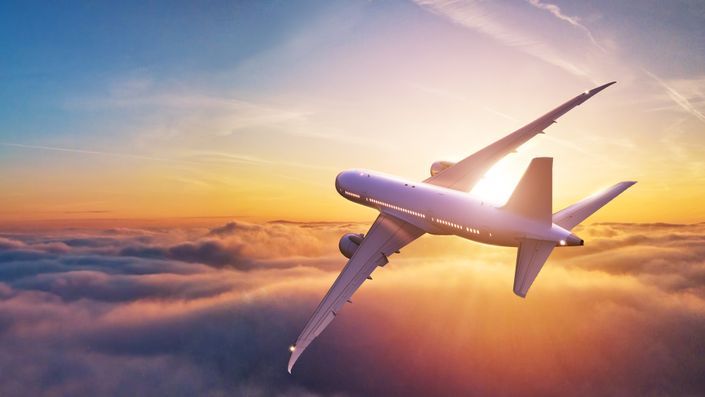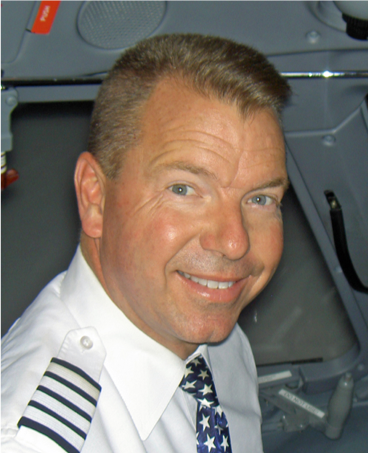
Dynamic Factors of Lift in Relation to Stalls and Upsets
Take Direct and Immediate Control of Your Safety Margins
Watch Promo
Take Control of Your Safety Margins...
It’s easy to take the magic of lift that our wings produce for granted. In normal flight, we barely need to think about it. However, when an unexpected airplane upset occurs, knowing how the various factors affecting lift interact, and what to do first, can make the difference between an effective recovery and catastrophe. This common-sense analysis of how your wing works reveals insights following a building block approach to highlight concepts and practical applications relevant to every flight.
* If you are interested in other online APS courses, the All Access Pass includes a full year of access to all of the courses in the APS academy as well as bonus content including expert webinars and important industry updates.
Course Curriculum
-
StartPart 1: Definition of Lift (6:31)
-
StartPart 2: Air Density & True Air Speed, and Surface Area (9:04)
-
StartPart 3: Coefficient of Lift (AOA) (7:51)
-
StartPart 4: Factors Controlled by the Pilot (10:46)
-
StartPart 5: The Misleading Definition of Stall Speed (10:12)
-
StartPart 6: Stall Definition & Characteristics (12:15)
-
StartPart 7: Aircraft Weight vs Angle of Attack (8:55)
-
StartPart 8: Weight vs Stall Speed vs G-load (12:38)
-
StartPart 9: Center of Gravity vs Stall Speed (8:50)
Frequently Asked Questions
Get started now!
Your Instructor

Clarke is based at APS Headquarters at the Phoenix-Mesa Gateway Airport (KIWA) in Mesa, Arizona USA. His career spans a wide spectrum of aviation to include: the US Navy an F/A-18 Hornet fighter pilot, commercial flight operations as an airline captain at a major US air carrier, as well as general aviation experience starting as a teenager with his own airplane in light pistons, that later expanded into gliders and float planes. Clarke has over 15,000 flight hours, is a 6-time Master CFI, and is now in his 17th year specializing in the development and delivery of APS' world-class Upset Prevention and Recovery Training (UPRT) solutions.
More on Capt. McNeace: apstraining.com/mcneace
